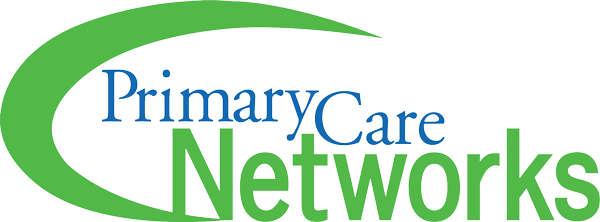High Blood Pressure - Hypertension Awareness
What is Hypertension?
Hypertension is the medical term used to describe the long-term condition where blood pressure is increased. Blood pressure is the force of the blood pumped from the heart against the blood vessels. This force makes blood flow possible, delivering nutrients and oxygen to organs and tissues throughout the body.
Hypertension occurs when there is too much pressure in your blood vessels. This can damage your blood vessels and cause health problems. Anyone can develop high blood pressure, but it becomes more common as you get older.
High blood pressure is similar to pumping too much air into a tire or balloon.
Symptoms
Initially, Hypertension does not cause any symptoms but if left untreated it can lead to stroke, heart attack, kidney disease, vision loss, and dementia. Control of high blood pressure can help protect against these conditions and there are many steps that can be taken to help lower blood pressure.

Causes
Hypertension is a complex condition with many causes including lifestyle factors, such as physical inactivity, a salt-rich diet with highly processed and fatty foods, and alcohol and tobacco use.
Some causes for high blood pressure can be managed, others are beyond your control.
CAUSES YOU CAN CONTROL
- Lifestyle factors
- Unhealthy diet
- Smoking
- Excessive alcohol
- Sedentary lifestyle
- Obesity
- Stress
- Health conditions (if properly managed, can help lower blood pressure)
- Sleep apnea
- Diabetes
- Kidney disease
CAUSES YOU CAN’T CONTROL
- Age
- Family history (genetics)
Treatment
Adequate treatment of high blood pressure lowers this cardiovascular risk to normal levels. However, the biggest problem in controlling hypertension is compliance with treatment. Despite very effective and cost-effective treatments, target blood pressure levels are not always reached. If needed, your physician will prescribe proper medications to help control your blood pressure.

Prevention
These are tips to help prevent high blood pressure:
- Eat a healthy diet
- Keep yourself at a healthy weight
- Be physically active
- Do not smoke
- Limit alcoholic drinks
- Get enough sleep
If Diagnosed
If you have been recently diagnosed with high blood pressure, know that there are medications and lifestyle changes that can help. There are also things that are important for you to do to help you stay on top of your blood pressure and your health. These include:
- Talking with your health care provider. Learn what your blood pressure should be and what your numbers are now.
- Learning how to monitor your blood pressure at home.
- Keeping a record of your blood pressure and showing it to your health care provider at each appointment.
- Taking your blood pressure medications as instructed by your health care provider (if any are prescribed). Also, keep a list of your medications with you, including the name(s) and dose(s), and how often you take them. Tell your doctor or pharmacist if you experience any side effects.
